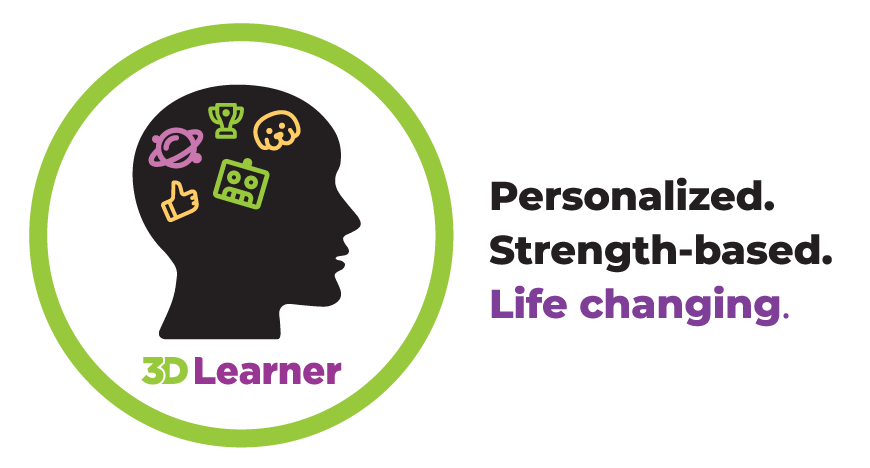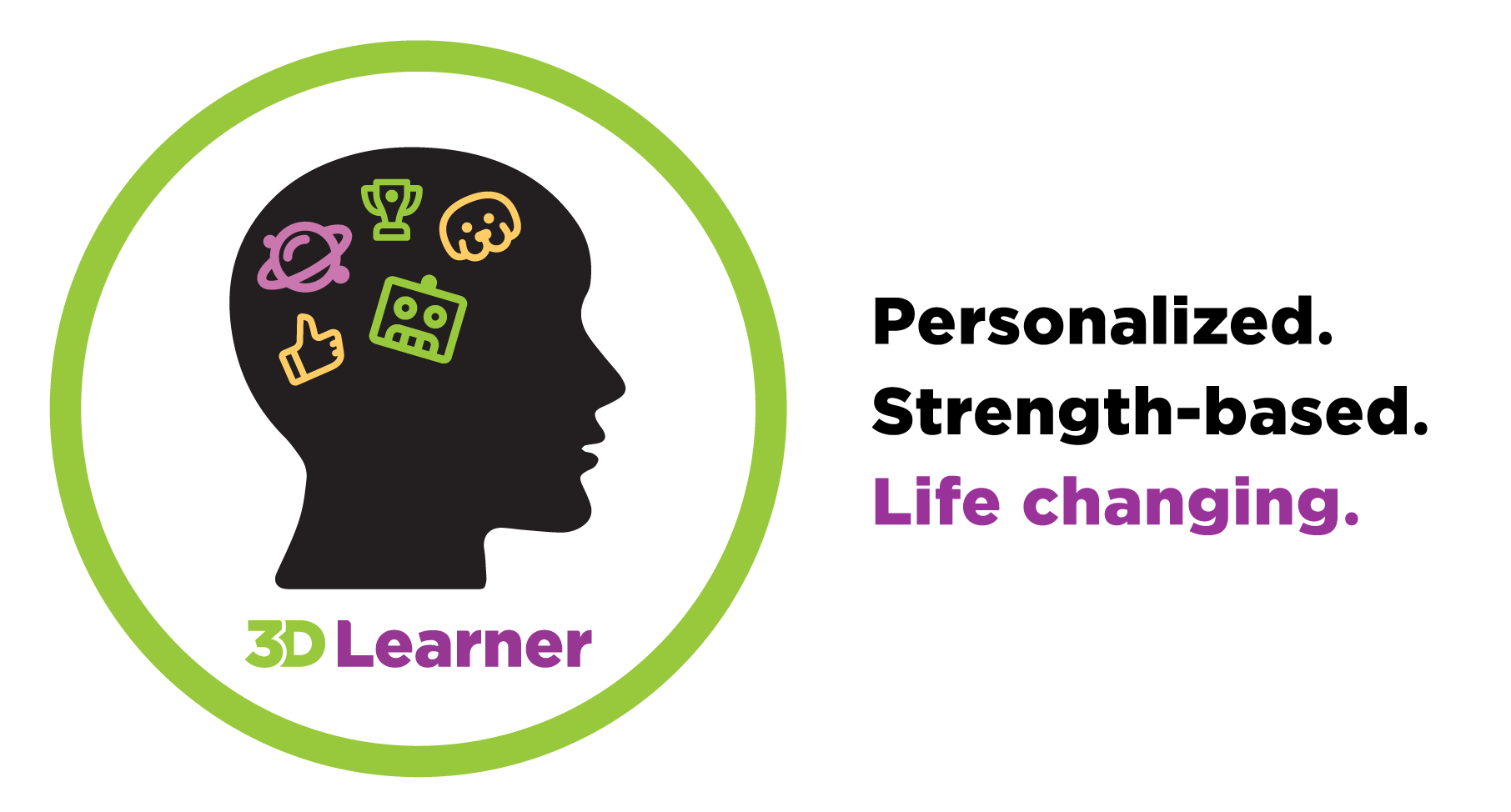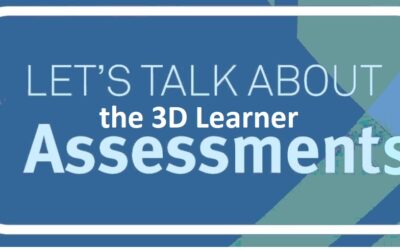Reading could and should be fun. Kids today are bombarded with visual input. Besieged behind a zoom screen, computer games, endless tv options, Tik Tok, YouTube, and more, reading is becoming a lost art, especially for kids who learn differently.
It is so hard for a student who may be lagging his classmates to get the attention he needs and in the way he needs it. But working with students and their parents, we’ve seen kids who are so far behind class standard catch up and surpass their classmates in months, not years.
There are encyclopedias of research stressing the importance of parents reading to their children. But some kids need (and all enjoy) a different type of reading experience with a parent
You are about to do battle with the forces of visual overload and instant gratification. For a few minutes each day, you will proudly carry the flag of the joy of reading onto the multi-media forces who want to claim your child’s attention. You will have the author’s well-chosen words and you and your child’s incredible imaginations at your disposal so victory is assured.
Here are some suggestions that can make reading together more fun and educational for both parents and children.
HAVE FUN. Reading is fundamental to learning but it also can be a great joy in life. The more fun you make reading together, the more effective it will be. If you are doing battle against computer screens, why not wear a helmet or carry a shield? Yes, it’s silly but so are all those TikToks your kids are watching. Make reading time with your child a special fun, bonding time when you can share your imaginations.
HAM IT UP. Yes, it can seem goofy, but you are the voice of the author and all the characters in a book. Use different voices and accents. Does a chicken talk like a cow? Does Harry Potter sound the same as Hagrid? YOu don’t need to be a trained actor. You just have to help make stories come alive for your children.
DON’T FOCUS ON THE WORDS. FOCUS ON THE STORY. Reading comprehension is so much more than word recognition. Does your child understand what is happening in the story is more important than if they know the difference between their and there. Ask your child what they would be doing if they were in the story?
PICK THE RIGHT BOOKS. Yes, you don’t want to give a 1st grader a college physics book, But you also don’t want a kid who loves science fiction to read Revolutionary War stories. The more they are interested in the subject, the more they will engage with the words and experience. Don’t worry whether it is a Magic Tree House book or a biography of Jackie Robinson. As long as it interests your child, it can help them improve their reading comprehension.
TALK ABOUT WHAT’S HAPPENING. To build your child’s reading comprehension help them comprehend the story. Ask your child what they think a character looks like or what they may be feeling. You can even ask them what they imagine the character eats for breakfast or what their favorite sport is? They are all ways to help your child learn to love reading.
MAKEUP WORD GAMES. Guess how many times a word is on a page and then count them together. Pick a word from the story like ‘flower’ and see how many words your child can think of that sound just like it (fower, hour, tower, etc) It’s also important to leave space for your child to try and read any words they may know.
TAKE A BREAK. If interest lags, take a brief break and then return to the book. It will be refreshing for you both. And there is no rule that says you cannot be enjoying a cookie and juice while trying to solve a Jigsaw Jones mystery.
DO IT REGULARLY. Try to set aside and mark on the calendar when reading time takes place each day (or as often as you possibly can).
REMEMBER THAT MANY KIDS THINK IN PICTURES. Your challenge is to make the story come alive and not just be a jumble of letters on the page. Read in a way that creates visual images and stimulates the imagination.
A SPECIAL BONUS OPPORTUNITY. Once your child gets into this reading time, they are likely to start coming up with their own stories. Find some time and have them either dictate the story to you or write it out themselves. Print them out leaving lots of blank space so your child can draw what they’re seeing. It’s a way to improve reading comprehension, storytelling, and maybe even artwork. Don’t be surprised if your child asks to do this again and again. Or you can use it at a time when you sense they are looking for something fun to do.
Making reading fun is sure to improve reading comprehension. But many times, professional support for both the child and parent can make all the difference.
If you would like to have a conversation on your child’s reading comprehension and learning issues, we do offer a no-cost consult. Just call us at 561-361-7495 or click here to book time on our calendar. This conversation is often eye-opening and as one mom said, “You know my child better after 15 minutes than people who have known him for years”.





